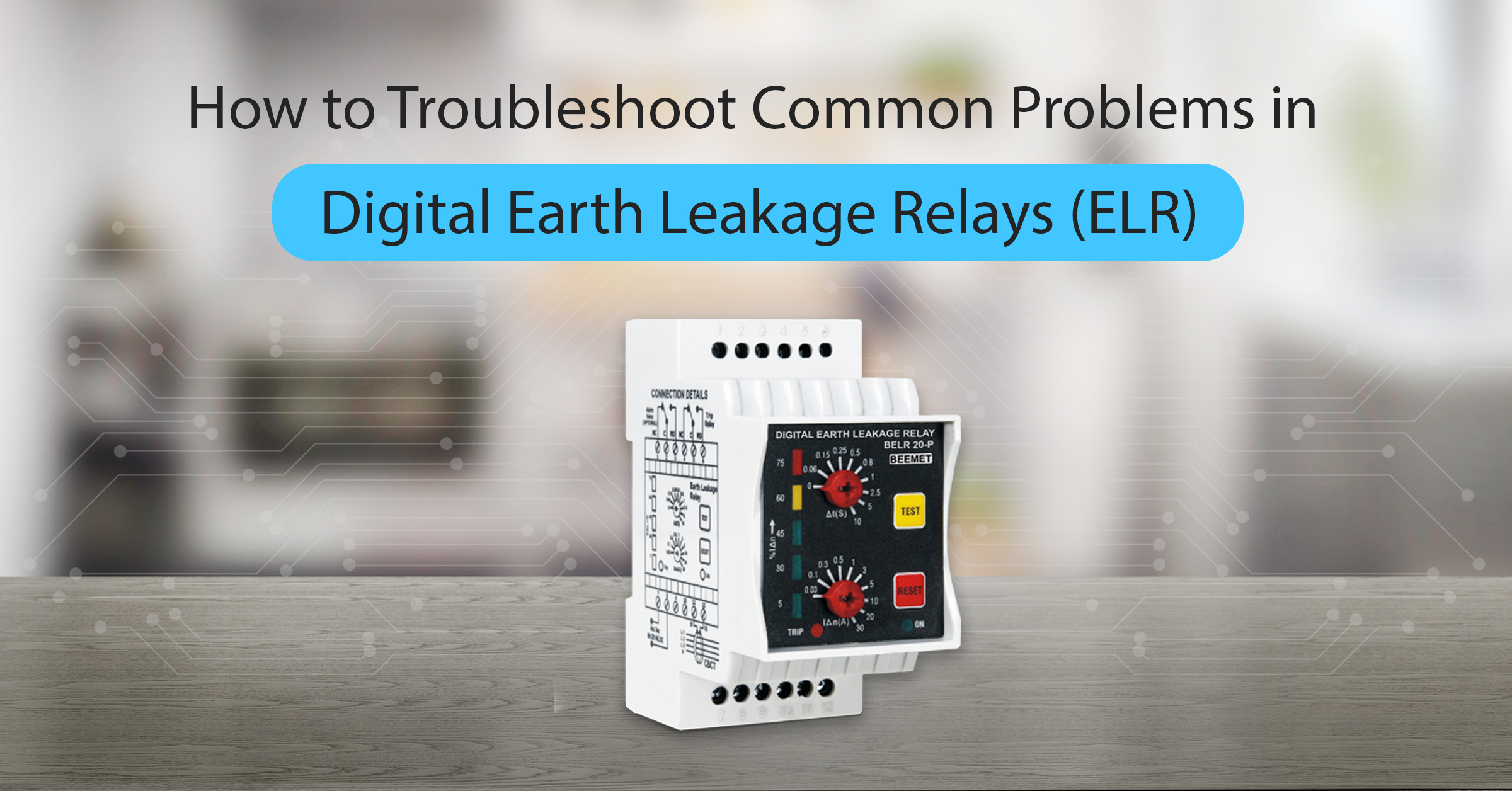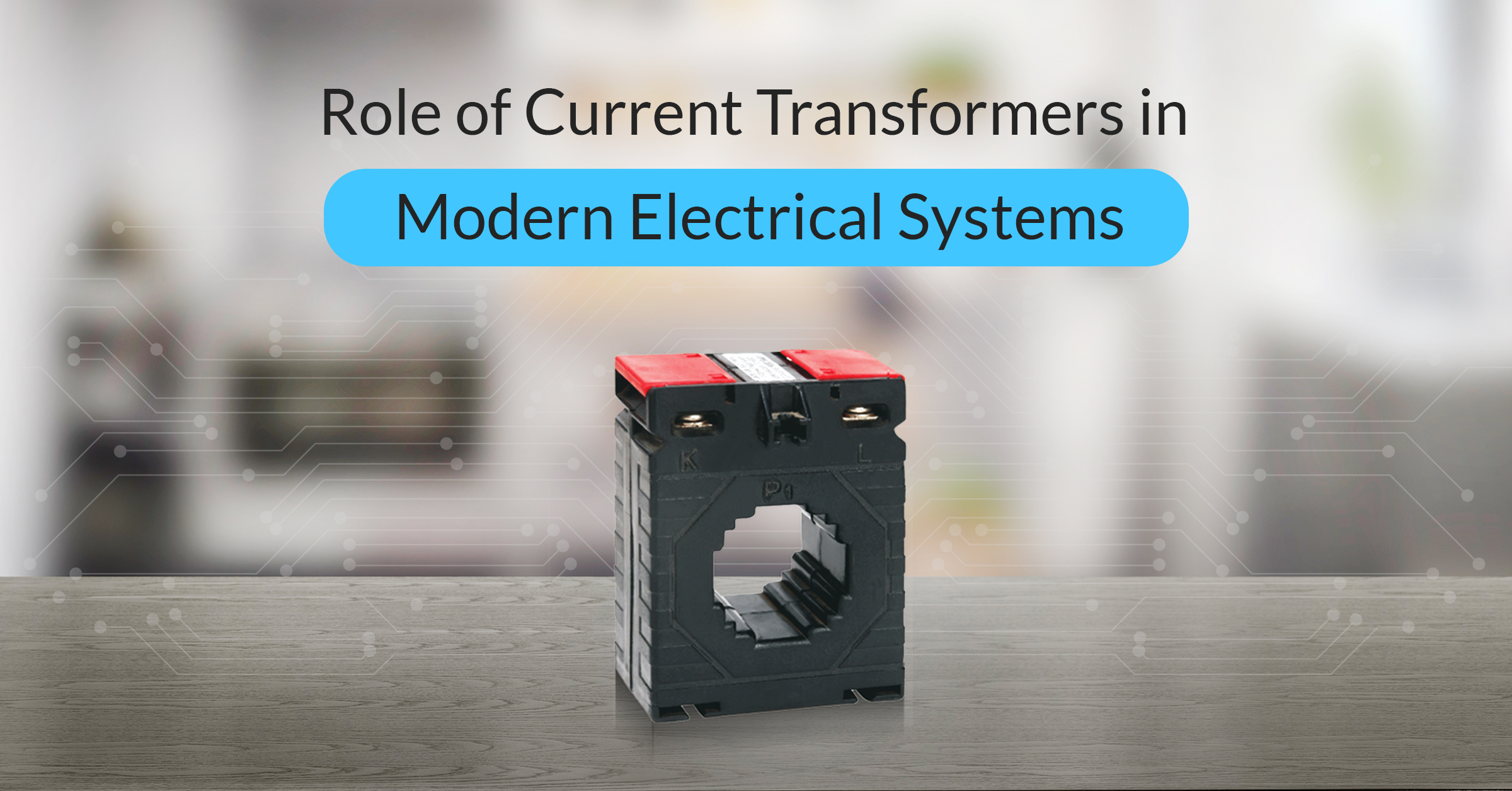Gauging accurate readings in an industrial setup depends on choosing the right panel meter. Values such as voltage, current, and frequency are part of any industrial setup. Whether you choose an analog panel meter or a digital panel meter determines the safety and reliability of your system, especially when comparing analog vs digital panel meters. Wondering how to make the right choice for your setup?
This guide will help you understand the difference between analog and digital meter options so you can choose the best one.
TL;DR
Analog meters are designed for simple, rugged use at economical costs. Digital meters may be slightly expensive but offer high precision and enhanced reliability. This blog highlights performance differences, practical use cases, and buying considerations.
What Is an Analog Panel Meter?
An analog meter is a traditional reading scale. It uses a needle or dial to point to an accurate reading through movement. This is immensely helpful when quick trend changes occur in a system. Many engineers prefer analog meters for their simplicity and durability. Beemet’s analog meters’ cost-effectiveness makes it a preferred choice for many.
What Is a Digital Panel Meter?
A Digital meter displays the reading in a classic digital font. It displays exact information in a numeric format rather than a moving needle. Pros? Easy to read, quick to understand. In addition, it supports features such as data logging and alarms. Higher accuracy makes it the more preferred choice for modern electrical industries.
Analog vs Digital Panel Meters: Key Differences
Let’s deep dive into the key differentiating factors in the analog vs digital meter discussion. Choose the right measuring device that meets your use case specific needs.
High Accuracy
Digital panels are ideal for higher accuracy applications. These electric meters’ exact numerical values leave little to interpretation. It’s direct, accurate, and quick for visual monitoring.
Easy Readability
Better readability in digital meters vs analog meters can be a pro, especially in low-light or tricky industrial setups. Placement of the meter matters; if the panel is close, analog and digital both work, but if the panel is slightly far, digital is the most reliable alternative.
Long Lasting & Durable
Analog panels are in general, tougher in nature. They are less sensitive to harsher working conditions compared to digital panels. Factories are prone to dust, heat, vibrations, and other factors that can affect digital panels over time. Good-quality digital meters are now designed to withstand these conditions too.
Cost Factor
Analog meters are often less expensive owing to their parts and functionality. They are a good choice for basic applications. Digital meters cost more due to their advanced features and higher precision.
Differentiating Features
Digital panels are preferred for their advanced mechanics. They offer features such as
- Alarm functions
- Backlit displays
- Data recording
- Multiple parameter measurement
Analog meter, on the contrary, thrives on its simplicity.
To dive deeper into how analog meters work and where they are best used, you can check our detailed guide: All You Need to Know About Analog Panel Meters.
Which One Should You Choose?
If you are looking for a low cost, easy to install & maintain variant, analog is the one for you. Preferred for detecting quick fluctuations, such as voltage fluctuations.
However, in systems that demand high accuracy and readability, a digital panel meter is ideal. In addition, newer engineering systems require smart features and data analytics, which are supported by a digital panel meter.
Beemet analog meters offer high precision analog meters across a wide range of applications. Available in DC moving-coil, AC moving-iron, and rectifier-type models, they come in multiple DIN sizes with clear, easy to read displays. Built for durability, stability, and consistent performance, Beemet meters are ideal for commercial and industrial needs.
To explore Beemet’s complete range of measurement solutions, check out our Analog Panel Meters and Digital Panel Meters.
If you’d like to dive deeper into how analog meters evolved into today’s digital systems, you can also check our detailed blog on the Evolution of Panel Meters: From Analog to Digital.
FAQs
Analog meters use a moving needle, allowing you to check trends and fluctuations. Digital meters show exact numbers on a screen, improving readability and accuracy.
A digital meter is more accurate because it gives precise readings.
Yes. Many industries still use analog meters because of their durability and simplicity.
Digital meters are generally better for advanced monitoring. But analog meters work well in tougher and harsher environments.
Yes. Most panels support upgrades. You only need to match size, voltage range, and wiring.



